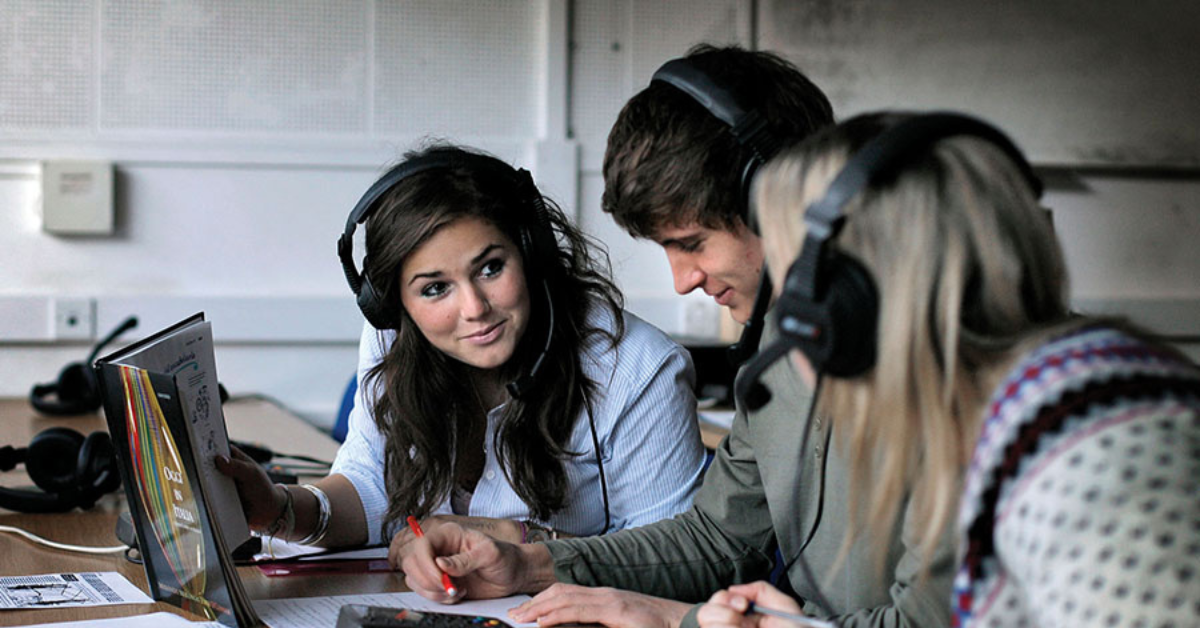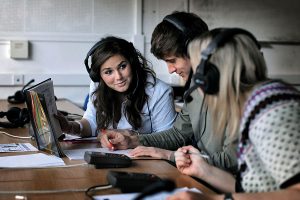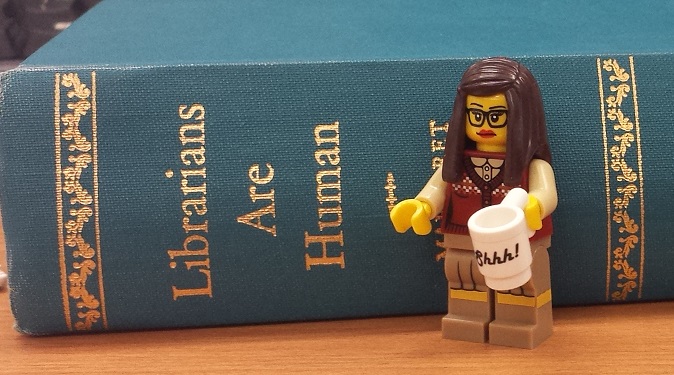It’s all Greek (and Turkish) to me! Studying in Edinburgh when English is not your native language

Over 10,000 overseas students matriculated with the University of Edinburgh in the 2021-2022 academic year, but what is like to study here? Georgia-Taygeti – originally from Greece – shares her experience.

My favorite class throughout the first two years of my History degree was not an actual history class. Instead, I looked forward the most to my Turkish class which gathered in the Islamic and Middle Eastern Studies building four times a week. It’s not that I didn’t enjoy my history classes, or policy and politics courses I took as electives. I did! But there was something really special about our little group of students from across the disciplines and our shared frustration over Turkish grammar. I ended up taking the course for four semesters and the class size ranged from nine to two, for our final semester before honors. I really enjoyed how regularly we met, the close-knit feeling of the group, and the Turkish treats our professor would bring us. I grew up watching Turkish soap operas, which I highly recommend as a genre of television, so I was really excited to be in a classroom learning Turkish. Mostly, I loved Turkish because in the classroom, all of us were trying to learn a language together. There was no one that was further ahead or further behind. In my history classes, there are always a couple of us that did not grow up speaking English and, still, it can still feel scary to have to participate in discussions with native speakers.
I started learning English when I was in primary school, as a foreign language. Now, I live my entire life in it, which feels insane. I write my academic essays, make friends, and work in it. Learning a second language opened a lot of paths for me, but also was a humbling experience, very much in the same way learning Turkish was. For me, learning a language is about making a lot (a LOT) of mistakes, until you start making sense. It also allows us to challenge our own sense of reality, both personally and as students. For history specifically, the range of sources I have been able to access through the languages I speak is significantly larger than if I only spoke English. If you only read English, it is easy to assume that all academic knowledge is produced in the Anglophone world. It is not. Really good historians produce work in other languages, and learning a new language can help us all access their work, instead of relying on the translation of their thought into English.
By virtue of the many language degrees Edinburgh offers anyone can take a language as a pre-honours elective. If that does not work for you, the Centre for Open Learning also runs ten week courses for many, many languages! One of my favorite recent fiction reads, ‘The Idiot’ by Elif Batuman, largely revolves around the protagonist and the relationships she develops with her classmates in her Russian language learning class. So if I can’t convince you to learn a language at university, maybe Batuman can!
Disclaimer
University of Edinburgh Student Ambassadors are financially compensated to tell their stories.




